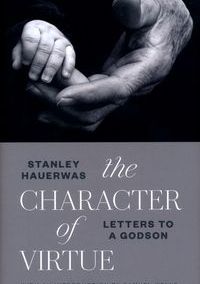5 Questions to Consider While Reading
- Proust had his madeleines; Margaret has her diaries; most of us have snapshots and videos - how is it that we recall our childhoods and is there such a thing as a "true story" of our early lives?
- Some aspects of Margaret's family and social life are specific to the 1970s. Are there issues that still resonate for teenagers today?
- Margaret's keen watchfulness translated into keeping diaries from an early are. Is Margaret a typical adolescent in this regard or is she unusual? Is there such a thing as an autobiographical impulse that we all share?
- Margaret idolizes her cousin Angela and notes "it's scary how much I love her." Yet Margaret and Angela become astranged as adults. Are there relationships in your own life that resemble this one?
- Margaret's world is populated by a number of vivid characters - from her irrespressible mother and practical father to her trusted friend Tommy and her nemesis at school, the cheerleader Bonnie Dell. How does Margaret's world compare to your own as a teenager?
Biography
Margaret Sartor's eight books include: Where We Find Ourselves: The Photographs of Hugh Mangum 1897–1922 (2019), William Gedney: Only the Lonely, 1955-1984 (2017), What Was True: The Photographs and Notebooks of William Gedney (1999), and the New York Times best-selling memoir Miss American Pie: A Diary of Love, Secrets, and Growing up in the 1970s (2006). Sartor’s photographs have been exhibited widely and appeared in numerous publications, including: In Their Mother’s Eyes: Women Photographers and Their Children (2001), A New Life: Stories and Photographs from the Suburban South (1996), Aperture, DoubleTake, Esquire, and The New Yorker. Her work is in permanent collections such as the Museum of Fine Arts in Houston, the Ogden Museum of Art, and the North Carolina Museum of Art. She lives with her husband, Duke Professor Emeritus Alex Harris, in Durham, NC.


